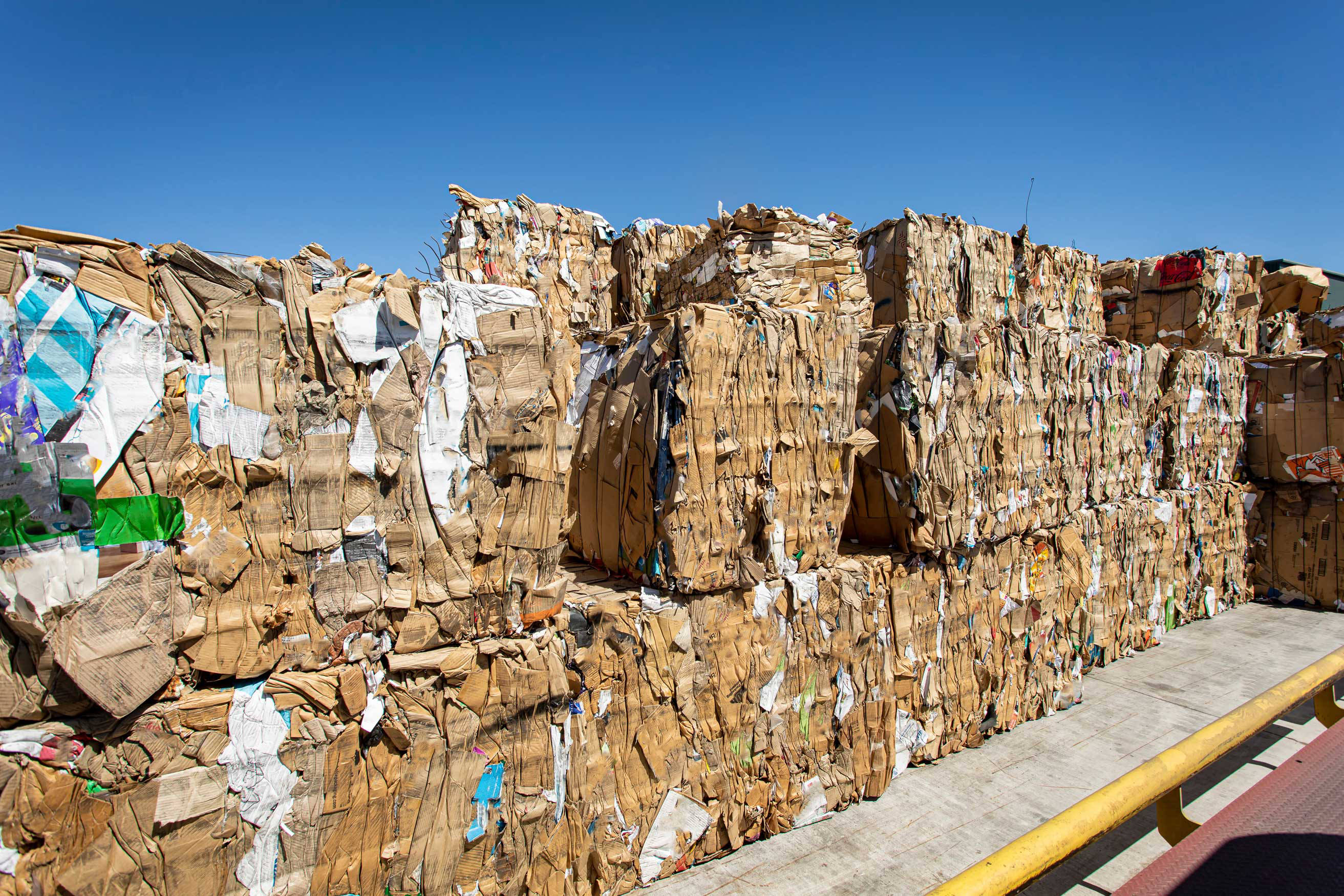
Waste and Recovery
To us, being smart means more than just providing high-quality products at low prices; it means working every day to help create a better world. Our long-time business model is inherently designed to create efficiency and reduce waste. As part of our commitment to address waste, we set goals to address both food and operational waste generated by stores and warehouses. By 2025, we will achieve zero waste in operations by diverting 90% of our waste from landfill through recycling, donation and organic recycling programs. By 2030, we aim to reduce our food waste 50%. To further this commitment, ALDI joined the U.S. Food Loss & Waste 2030 Champion program, a joint venture by the EPA and USDA, with other businesses that have made public commitments to reduce food loss and waste within their own operations by 2030.
Our Waste Reduction & Recycling Goals
Reducing the amount of waste we generate and recycling more to help achieve our goals.
- By 2025, we will achieve zero waste in operations through recycling, donation and organic recycling.
- By 2030, we aim to reduce food waste by 50%.
- Through our partnership with Feeding America, we donated over 33 million pounds of food in 2021.
Prevention
Smaller Footprint, Less Waste. At 12,000 square feet, our typical store is much smaller than the majority of grocery retailers and we only fill our shelves with the most popular products in the most popular sizes, display groceries right in their shipping boxes, encourage the use of reusable bags and avoid non-essential grocery store services. Not only does this translate into big savings for our shoppers, but it means that, right from the start, ALDI is producing less waste by simply not selling as many products in the first place.
Efficient Ordering. At ALDI, we have a computer-generated ordering system in place that calculates product orders for the freezer, cooler and grocery areas of our stores. We also use a separate program for ordering perishable items, such as bread, meat and produce, to optimize product quantities in an effort to reduce potential waste caused by over-ordering and to control costs.
Donation
We strive to never let good food go to waste. With this in mind, our stores and warehouses are partnered with a local food bank to redistribute unsaleable products still safe for consumption, to limit food waste and address food insecurity in our communities. ALDI has a partnership with the Feeding America network of food banks and this allows us to make a positive community impact while also supporting our goals to limit our environmental impact. In 2021, we donated more than 33 million pounds of food to help combat hunger.
As part of our commitment to address food that’s no longer edible, we have started organic recycling programs at select stores across the US. In 2021, our corporate office in Batavia, IL and select stores, diverted over 1.9 million pounds of food waste from landfill to organic recycling and animal feed.
Standardized Date Labeling
We adhere to the standardized product date labeling system developed by the U.S. Food Marketing Institute and the Grocery Manufacturers Association. Phrases like "best if used by" and "use by" on our packaging helps reduce the unnecessary waste of products that are still safe to consume.
Recycling
At ALDI, we commit to using our resources responsibly. We continue to explore different ways to reduce the amount of waste generated and actively work to divert material from the landfill. As part of our commitment to address waste, by 2025, we will achieve zero waste in operations by diverting 90% of our waste from landfill through recycling, donation and organic recycling programs.
Cardboard, plastic wrap, damaged or unusable pallets, batteries and electronics are among the materials we collect and recycle within our operations. In 2021, we recycled nearly 350,000 tons of material!